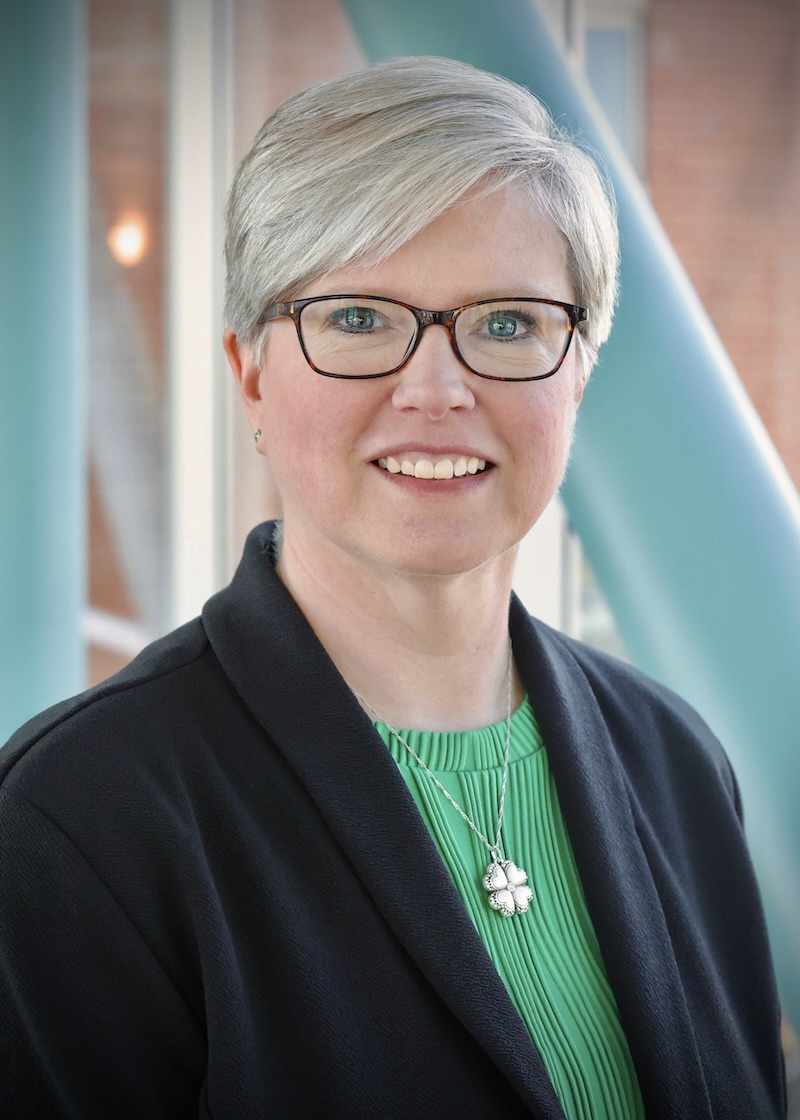Councilor
Sharlet Slough, DO, MBA

My name is Sharlet Slough, and I am deeply honored to be considered for the opportunity to serve you as Councilor on the APDIM Council. I am the Program Director at Shannon Internal Medicine Residency Program, affiliated with Texas A&M University Naresh K. Vashisht College of Medicine. Shannon IM is a new community-based program in San Angelo, Texas, in rural West Texas.
My vision as an APDIM Councilor is to represent and amplify the voices of internal medicine educators across the full spectrum of program types, career stages, and institutional contexts, with particular attention to community-based, rural, and resource-limited programs that are essential to the future of our workforce. The strength of the Alliance lies in its ability to bring together diverse perspectives and translate shared challenges into practical, innovative solutions that advance resident education, faculty development, and patient care.
I spent sixteen years of my professional life in private practice and rural hospital medicine, where I personally encountered the challenges of workforce shortages, limited resources, and the need for versatile, broadly skilled internists. Mid-career, I moved into academic medicine, taking on increasingly senior leadership roles at my previous institution. Now, I am honored to embrace the challenge of launching a new program as the inaugural Program Director. This combined perspective—community practice and academic leadership—helps me understand both the ultimate goals of training and the complexities of delivering high-quality education within real-world constraints.
Our world is changing faster than ever, especially for new graduates, international colleagues, and patients. It has never been more crucial that we, as physician leaders, not only respond to change but also drive it. The challenges faculty face as they navigate transitions, leadership development, and evolving professional identities are enormous. To that end, I earned my MBA this year from the University of Tennessee at Knoxville to acquire the tools to teach residents and colleagues about the business aspects of medicine and to influence executive-level decisions at the hospital where our residents train and faculty work. This underscores my dedication to inclusive governance, mentorship, and equitable representation within the Alliance.
If elected, I would prioritize collaboration, transparency, and practical advocacy. I am especially interested in promoting discussions about resident and faculty wellness, innovative scheduling models, the business of medicine, international graduate issues, and support for new programs. I strive to serve as a bridge between institutions, making sure that lessons learned in one setting are shared widely and that no program—regardless of size or resources—feels isolated when facing the challenges of GME.
I am committed to supporting AAIM's vision of academic internal medicine as a leader in healthcare innovation. You are a wonderful community that has supported me throughout my career in education, a profession I truly love and feel called to serve, and I hope to give back to you in return. Thank you, Sharlet Slough, DO, MBA